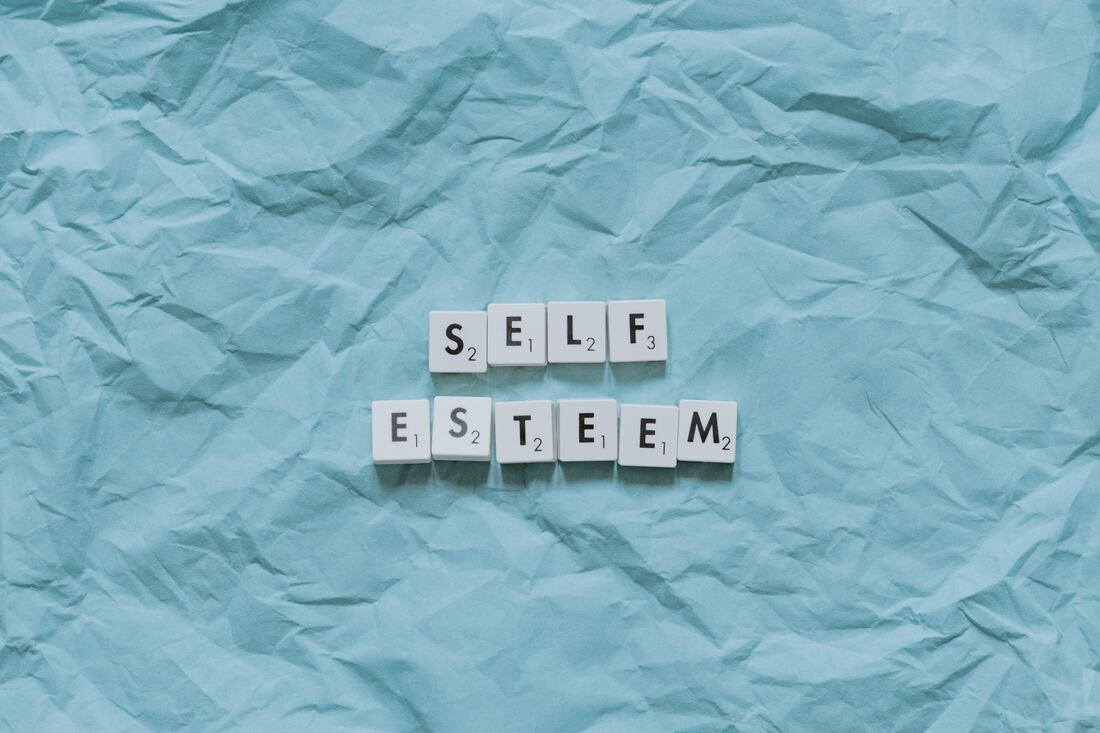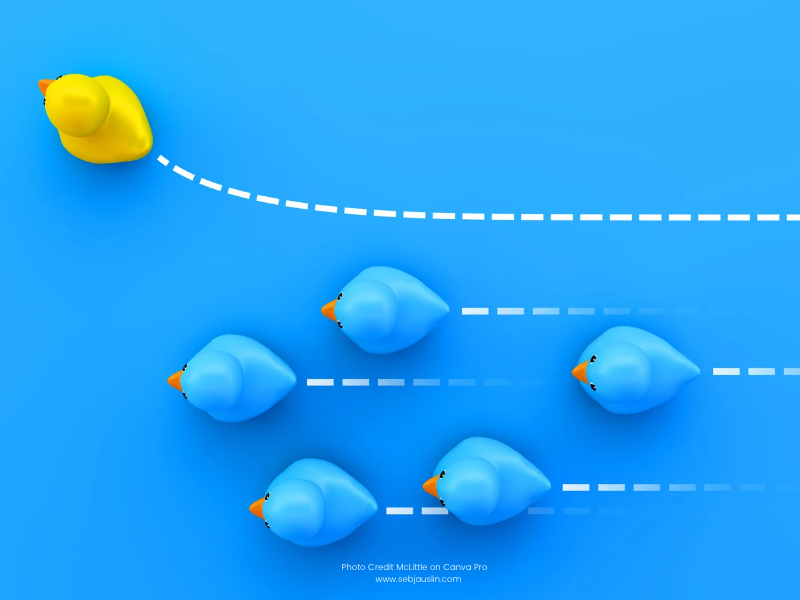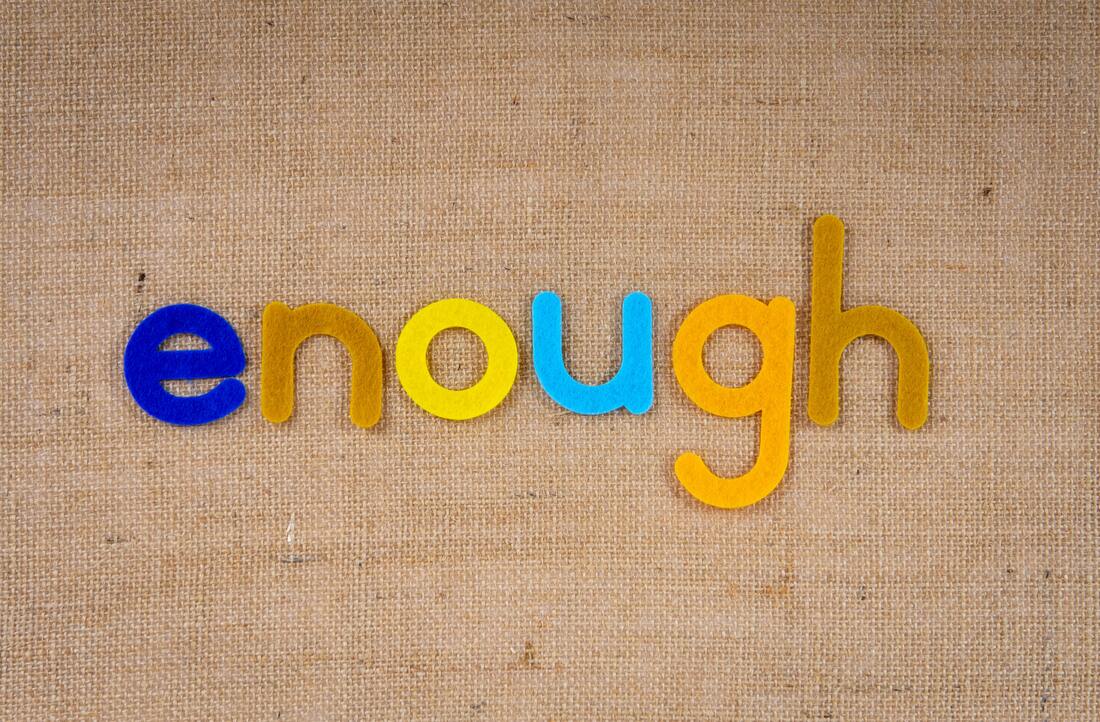|
So the good ‘ole fashioned things, like handwriting, are actually best?!
Did you ever doubt it?! Remember, the rule of anything is that if you do something different, it activates the brain differently. The question, though, is is this a good, neutral, or bad thing for the brain. With the advent of computers, and more recently tablets, we are spending less and less time handwriting. This also includes in learning environments such as at school and college.
0 Comments
The belief that more hours at work equate to higher productivity is a myth.
This misconception has been deeply ingrained in our professional lives, leading us to sacrifice health, relationships, and leisure to pursue an elusive ideal. Actual productivity is not about stretching our workdays thin but thriving across multiple dimensions of our lives. Productivity isn't a linear concept. It's a multidimensional phenomenon that goes beyond professional achievements and encompasses the following dimensions: These days more than ever, coaches, social media voices, and others are emphasizing the importance of self-care. Taking care of yourself physically, spiritually, and mentally is the priority and is essential for you to be your best, feel your best as well as show up for the world at your best.
However, Self-care and community are not mutually exclusive. While treating yourself as an afterthought is not an option, completely functioning as a silo is not either. Each and every one of us has come to this world with a unique purpose, a purpose which we are responsible to fulfill, develop, and ultimately share. I write murder mysteries in my spare time. If you’ve ever read a murder mystery, you know that a good story needs a strong plot and engaging characters. One can’t write a mystery novel without planning and setting goals.
But in addition to planning and setting goals, creativity is required and that means magic. The writer establishes a framework, and then allows the rest to unfold through the creative process. As a professional, setting goals is a fundamental skill which gives you a roadmap to achieve your aspirations. To establish goals, you must define a clear vision of what success looks like and then identify specific, measurable, achievable, relevant, and time-bound (SMART) objectives. A few years back I worked with a client, let’s call him Eric, who was the COO of a medium-sized, established company. I was inspired by my work with him, to write this article about how our thinking / mindset / perspective can trip us up.
Everybody has set ways of thinking about things. This is true for your private life as well as in your working environment. Where your perspective comes from and what it is based on comes usually from past experiences. By past, I mean it can come from way back, or even recent bad experiences with the last boss or partner or life in general. What matters now, in the present moment, is the awareness that these experiences exist, might be driving your behaviour and give you your perspective on things. This can form beliefs, biases, judgements and any, negative thoughts. If you are ready to start changing the results you are getting then these tips can help you challenge your thoughts. After all, Einstein says: “Insanity is doing the same thing over and over again expecting different results.”
Far too often many of us are fully unaware of our personal power or we are far too quick to give it away to others, relinquishing control, and responsibility for the reality we live in. In this blog post I would like to encourage you to take back your personal power by consciously choosing to step out of “Victim Mindset” and into the “Victor Mindset.”
How to identify that you are stuck in the “Victim Mindset”
In today's fast-paced and demanding world, many individuals find themselves struggling to live a life full of meaning, maintain perspective, and reduce stress. The constant pressure to succeed, the overwhelming amount of information, and the ever-increasing responsibilities can leave us feeling lost and disconnected.
However, coaching offers valuable tools and techniques to help individuals overcome these challenges and create a life that is both fulfilling and balanced. In this article, we will explore the common challenges people face in their pursuit of a meaningful life, the importance of putting things in perspective, and how coaching can provide the necessary support to overcome these obstacles. Someone makes a choice you simply do not understand. The consequences may or may not touch your life, involve you, affect you and so on. One way or another you cannot see what they are basing their decision on. This is the part that makes accepting their choice so difficult. I am going to break this down into two parts.
Part One: Understanding Take the view that:
While self-esteem is an indication of how you see your value and worth, it can affect relationships, career, motivation, behaviour, and wellbeing. In short, self-esteem can significantly increase or decrease the overall quality of your life.
A healthy self-esteem allows you to acknowledge your potential, set healthy boundaries, have a clear understanding of your needs and strengths, feel a sense of belonging, as well as feel courageous enough to grow, take risks and seize opportunities. Remaining in a healthy state, similar to physical exercise, requires regular efforts and attention. It may be hard, but it will prove to be worth the effort and time investment. In order to cultivate a healthy self-esteem, here are five suggested exercises that you could implement in your day-to-day life. In the corporate landscape, our weeks are filled with situations that test our abilities, patience, and resilience. How we approach these situations can profoundly affect the outcome and our reactions.
When faced with complicated situations, we immediately label them as 'problems.' What if we started viewing these as 'challenges' instead? This subtle shift can result in a transformative mindset change. The Power of Perspective A 'problem' often carries a negative connotation, suggesting something that shouldn't exist, an anomaly that needs fixing. On the other hand, a 'challenge' implies an opportunity for growth, a hurdle that, once overcome, leads to advancement and self-improvement. Consider the difference in perspective here:
The challenge mindset is proactive, seeking growth and understanding, while the problem mindset can be limiting and reactive. Are you facing an important decision and asking yourself what to do?
Effective decision-making is a critical skill for any leader, and your choices can significantly impact your team, organisation and personal life. This 7-step process ensures that the chosen solution is the best possible outcome for all three: 1️⃣ Identify the problem or opportunity Gather all the facts and data. Analyse them thoroughly and objectively. The more facts and data you have, the more equipped you are to make an informed decision. 2️⃣ Define your criteria for success Clear criteria will help you evaluate options objectively to make an informed decision. Considering factors such as values, strengths, and alignment with your vision for the future will determine whether your decision is informed. The end of the year is nigh! And with it comes a lot of busy work—some fun, some not so fun. Whether it’s personal or professional, the end of the year is about finishing up, taking stock, and making plans. And that’s all before we get into the crush of the holidays. Our To-Do lists can be very long this time of year. What we often leave off our list is taking time for ourselves. Yet, the crazier life becomes, the more we need to give ourselves space to just be. We need to spend time on our self-care. You have probably heard the term self-care tossed around, but what is it exactly? It is any activity that we deliberately do to take care of ourselves—mentally, emotionally, and physically. Self-care is time or an activity that builds us up rather than takes away our energy. It is a way to recenter body and mind when we feel scattered and overwhelmed. Building trust within a team isn't just about improving performance; it's about forging a workplace culture that aligns with integrity, innovation, and shared success.
When trust is the cornerstone of your leadership, solving complex problems becomes a collective endeavour, and creating lasting change becomes a shared mission. A team that trusts its leader is a team that's committed, resilient, and ready to go above and beyond. But how do you earn this trust? Empathy It's about demonstrating that you prioritise your team’s well-being. For instance, recognising the importance of work-life balance isn't just about offering flexible hours—it's about respecting those hours. When your team knows their time is valued, they're more invested during working hours. Are you creative?
Would being more creative so you can better navigate the daily ups and downs of your life? As an executive coach and writer of murder mysteries (currently working on the third book in a series), expanding my creativity is essential. First thing in the morning, I like to read thought-provoking books. Reading while sipping coffee starts my day with energy and depth. The book I’m reading now is The Creative Act: A Way of Being, by Rick Rubin. Rick Rubin is an eccentric and acclaimed music executive and producer who, in 2003, revitalized Johnny Cash’s career. In 2007, he was dubbed "the most important producer of the last 20 years" by MTV and was named on Time Magazine’s list of the “100 Most Influential People in the World.” In this book, released in January 2023, Rubin asserts that we are all creative. Without creativity, we could not survive in the world. He writes: To create is to bring something into existence that wasn’t there before. It could be a conversation, the solution to a problem, a note to a friend, the rearrangement of furniture in a room, a new route home to avoid a traffic jam. Whether it excites us or paralyses us, change is an inevitable part of life and leadership. In today's fast-paced and dynamic business world, leaders must navigate change successfully to ensure that they and their organisations can adapt, grow, and thrive. In this article, we'll explore seven key strategies that you can use to develop the skills and mindset needed to navigate change successfully.
When faced with a difficult decision it is important to know that you always have choices. It is hard to realize there is more than one solution to any given problem. One important life skill to learn is how to find those choices when faced with a difficult decision. With this skill, life becomes easier to keep in balance. More balance means less stress.
Think of a situation you are facing and see if any of the comments below can be applied: Which of us doesn’t want to have a good life? Who doesn’t want to be enough? With a lovely house and garden, sweet children, a loving spouse, who come together for breakfast, lunch, and dinner. A life filled with good friends who celebrate over an elaborate meal and extended family that come together often with smiles and hugs. A life with a rewarding job that appreciates your work and brings out your best. While these scenarios might be things that people dream about, they are scenes from stock photos, advertising campaigns, lifestyle shows, and social media influencers. Yet they inspire us to want to be perfect, to have perfect lives. They prey on our feelings that we are not enough. Then, for many of us, the drive to have a perfect life overwhelms. In her book, End the Struggle and Dance With Life, Susan called the drive to always be perfect an addiction. Always having to be the best, always going above and beyond, always having to prove yourself are just ways of trying to show the world, and yourself, that you are good enough. Being a perfectionist, while it might look as if everything is fantastic, takes its toll on our health and our relationships. It can also hold us back from new opportunities. All those images and videos we see of perfect-looking people living perfect lives only has the echo of truth in them. What we never see in those images is the mess behind the camera. The other people working behind those scenes to make the illusion seem real. So while those images make us feel as if we are less than perfect, they only represent something superficially “perfect.” The reason our addiction to perfection can be so devastating is that we believe our self-worth is measured by our performance. But since no one is perfect, it is impossible to attain self-worth through perfection. Trying to be perfect in everything we do is only a means to feel as if we are good enough. In the multifaceted world of leadership, age is a number. However, emerging leaders often face a unique challenge – leading individuals who may have been in the field longer or might view age as a measure of expertise.
I've helped countless young leaders overcome this dynamic. This article is for you if you are an emerging leader looking to command respect despite your age. Age vs. Leadership: The Misconception There's a common misconception that age and experience are the sole determinants of leadership capabilities. While experience has value, leadership is more about the ability to inspire, influence, and guide others toward achieving shared goals. Leadership is also about adaptability, vision, and the ability to foster collaboration – qualities that aren't exclusive to any age. Have you set unattainable, high standards for yourself? Do you become self-critical when you do not achieve said high standards? Have you become critical of others for not meeting the standards which you have set? Does your fear of failure lead you to procrastination or hinder you from following your dreams? If you have answered yes to any of the above, you may have perfectionistic tendencies.
While continuously striving to be the best version of yourself and having attention to detail can be a great driving force, perfectionism often becomes a roadblock. How do you know if perfectionism is blocking your path to self-actualization? Constant Interruptions, Disturbances, Noise - How They Can Rob You of Your Focus (and Motivation)21/9/2023 They are building all around me this week – even with a jackhammer just below me. It is unbearably noisy. This noise is robbing me of my focus and, consequently, my motivation.
Currently, I am writing this while sitting in a quiet restaurant near my apartment and right by the lake . Hotel lobbies seem to stimulate creative thoughts. Nothing against the builders or the need to repair / renovate something in the building. That is life. We need to do maintenance on buildings just as we need constant maintenance in the form of self-care. But the level of disruption has made me appreciate how much noise makes it difficult for me to focus and concentrate. I had intended to do my morning brain training before I started work today but found that the drills and the jackhammer were too disrupting. So disrupting, in fact, that I left the house and retreated to this lakeside location. No matter how much I encouraged myself to, I just could not handle it. Feel like constant meetings are hanging you up? Set a regular meeting with yourself.
Meetings and more meetings. Just as you finish one call, you are dialing into the next one. Need to go for toilet break? Forget it -- there’s another meeting. This meeting situation was already insane before the pandemic, and it it has only gotten worse now with so many people working from home. There are dozens of articles about how to spend less time in meetings, how to reject meetings without looking bad, about 2/3 of our life being spent in meetings. All these articles trying to help us save ourselves. Yet many of us keep falling into the meeting trap. I have yet to find the magic formula for myself, however I do believe I am becoming more aware about how I am actually spending my time versus how I want to spend my time. In the Oxford Dictionary, the definition of a “control freak” is “a person who feels an obsessive need to exercise control over themselves and others and to take command of any situation.” The Merriam Webster dictionary says that a control freak is “a person whose behaviour indicates a powerful need to control people or circumstances in everyday matters.”
This personality trait could stem from a chaotic childhood, alcoholic parents, abusive behaviour, or early abandonment. Such experiences can make it hard for people to trust or relinquish control to others. The fear of falling apart pushes them to control what they can. As their emotions are all over the place, they feel loss of control. For this reason control freaks will micromanage whatever they can with the belief that this makes them strong. People who feel out of control tend to become controllers. I imagine each and every one of us is a control freak, or takes on the behaviour of such, at some point or another. The fear of failure is what makes it so important to control everything when you do not trust anybody else to do a good job. One difficult aspect of being around a control freak is accepting that they do not understand how their behaviour and choice of words affect the people around them. Another difficult aspect is not to take it personally. This behaviour comes from deep inside and the person is actually quite unaware of being a control freak. Even the most enlightened of us can’t always stop ourselves from worrying about the future and asking ourselves “what if?” Underneath our connection to our Higher Self that we work so hard for, lurks the fear of future problems just waiting for an opening to ask us “what if?”
You know how it is…trouble is brewing at your job, layoffs could be coming. What if you lost your job? There have been a rash of pedestrian traffic accidents lately. What if your child is hit by a car? Your mother’s routine check-up turns into several follow-up appointments. What if she is sick? And on and on. Before we know it, our Chatterboxes have taken over. We are filled with fears about the future and the “what if” questions drag us down to our Lower Self. Many of us “what if” ourselves into a perpetual state of worry. “What if” questions come from our Lower Self, our inner chatterbox that wants us to live in perpetual fear. Susan wrote in Feel the Fear and Do It Anyway, “When the ‘what ifs’ are out in full force, the internal Chatterbox is at it again. You look at the unknown and try to predict the future; you try to take control of outside forces. Both are impossible. At this point you might notice you are driving yourself crazy.” Fear of failure often stands in your way in the journey of personal and professional growth.
As a society, we view failure negatively as something that diminishes our worth or derails our progress. What if you could shift perspectives? I’m saying, view failure as an opportunity to be more faithful to yourself. When embraced with the right mindset, failure can become a catalyst for transformative change, leading you closer to the authentic leader you're meant to be. Failure Teaches You a Lesson Every failure carries a valuable lesson. Whether it's an exam, a presentation, a project that didn't meet expectations, or a strategic decision that led to unexpected outcomes, each failure serves as a teacher. Once upon a time, there was a man named Jack who struggled with communicating effectively with his wife, Jane. He would often get defensive and shut down during arguments, causing tension and frustration in their relationship.
One day, Jack decided he needed to make a change. He had heard about a technique called Neuro-Linguistic Programming (NLP), which could help him improve his communication skills and build stronger relationships. With the help of an NLP coach, Jack learned a variety of tools and techniques to improve his communication with Jane. Here are a few of the most effective techniques he learned: |

























 RSS Feed
RSS Feed